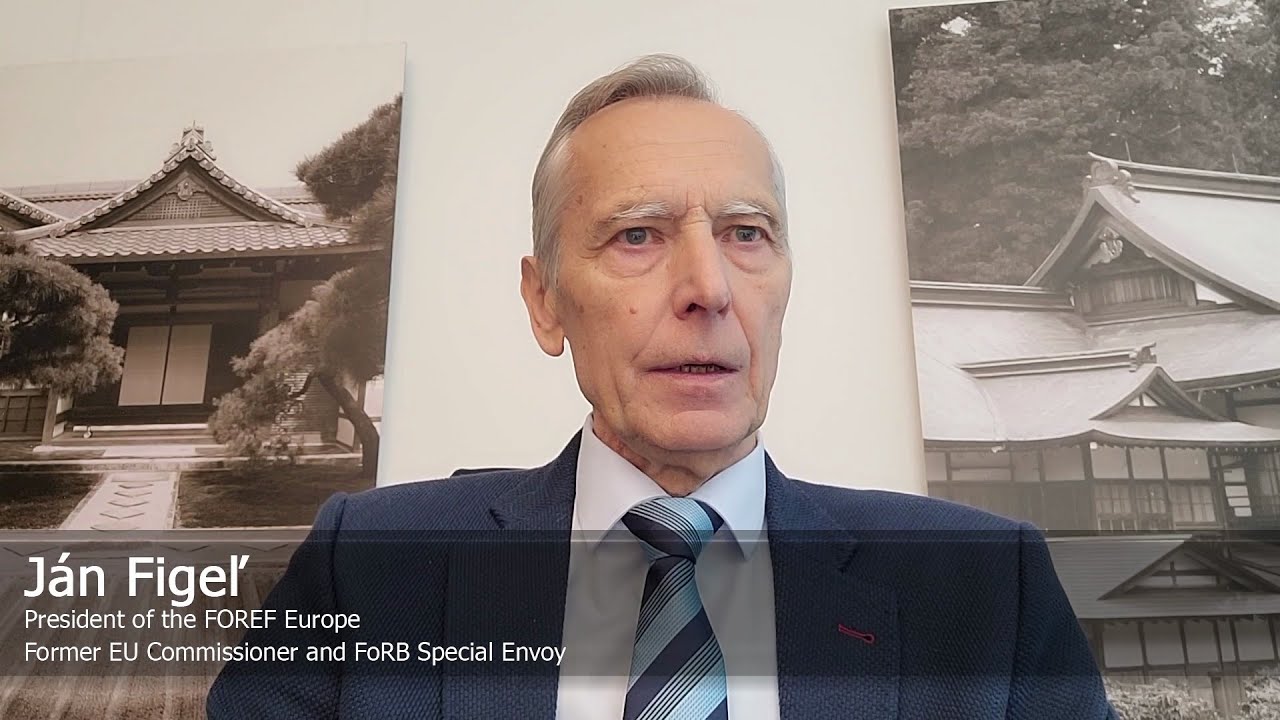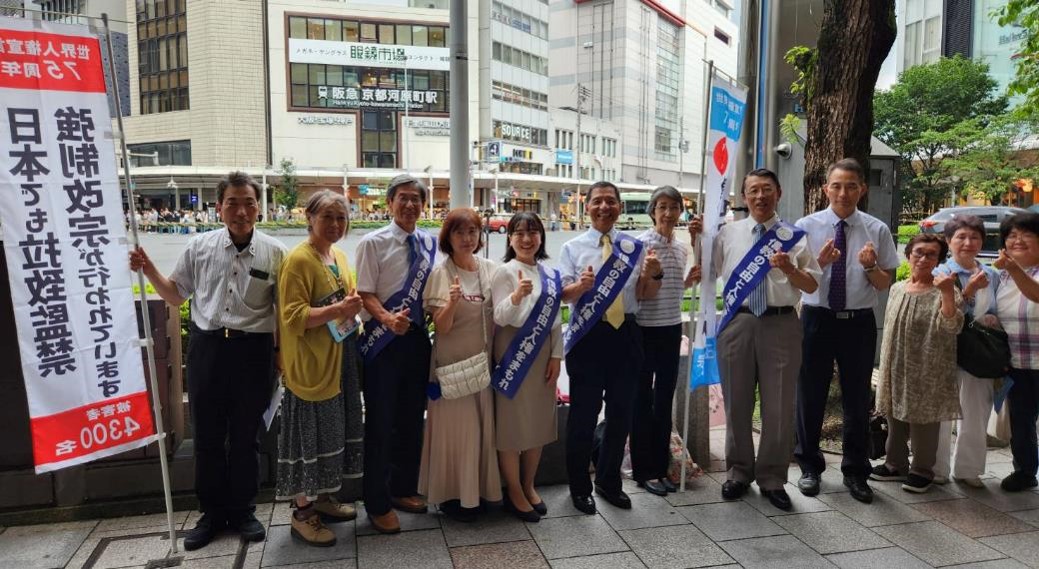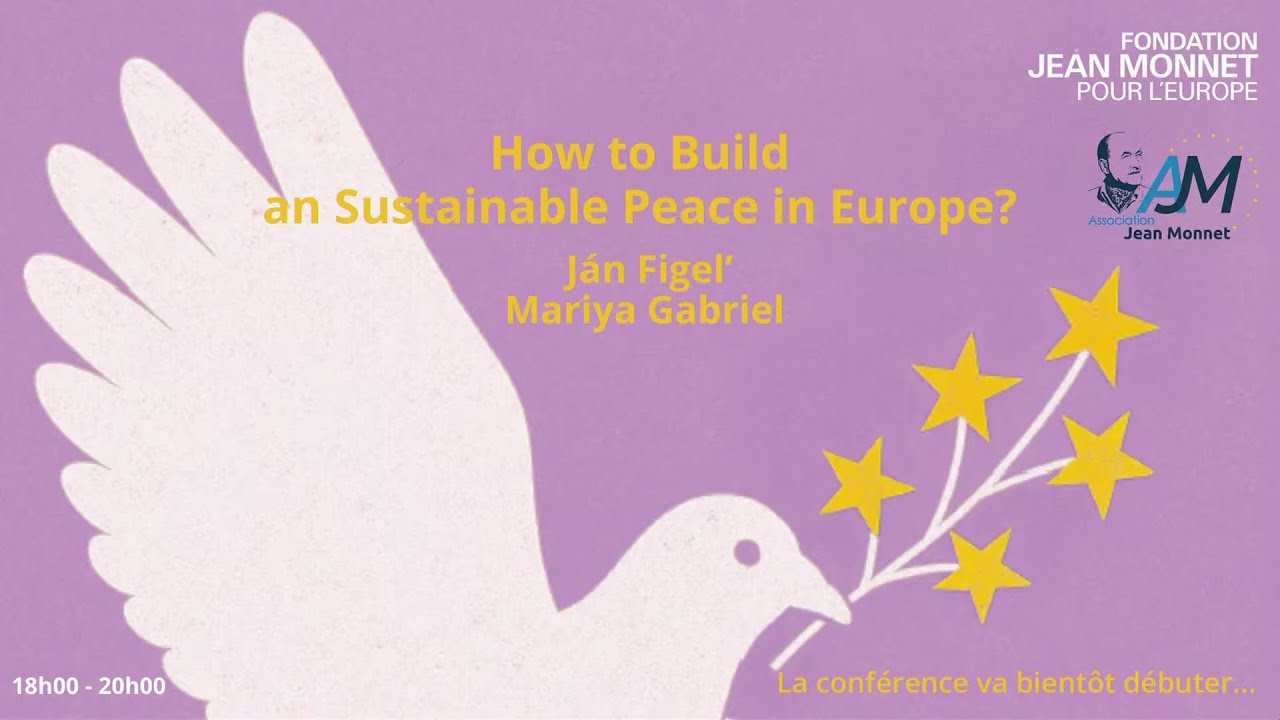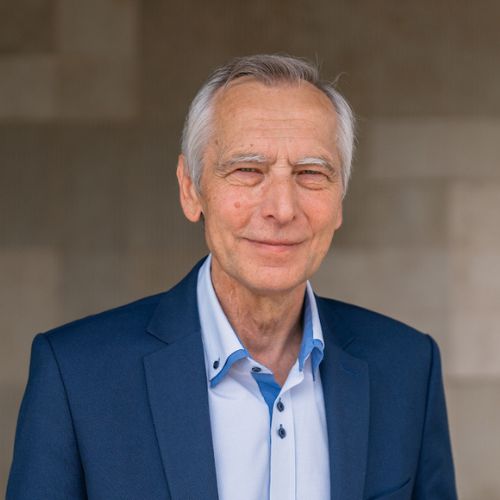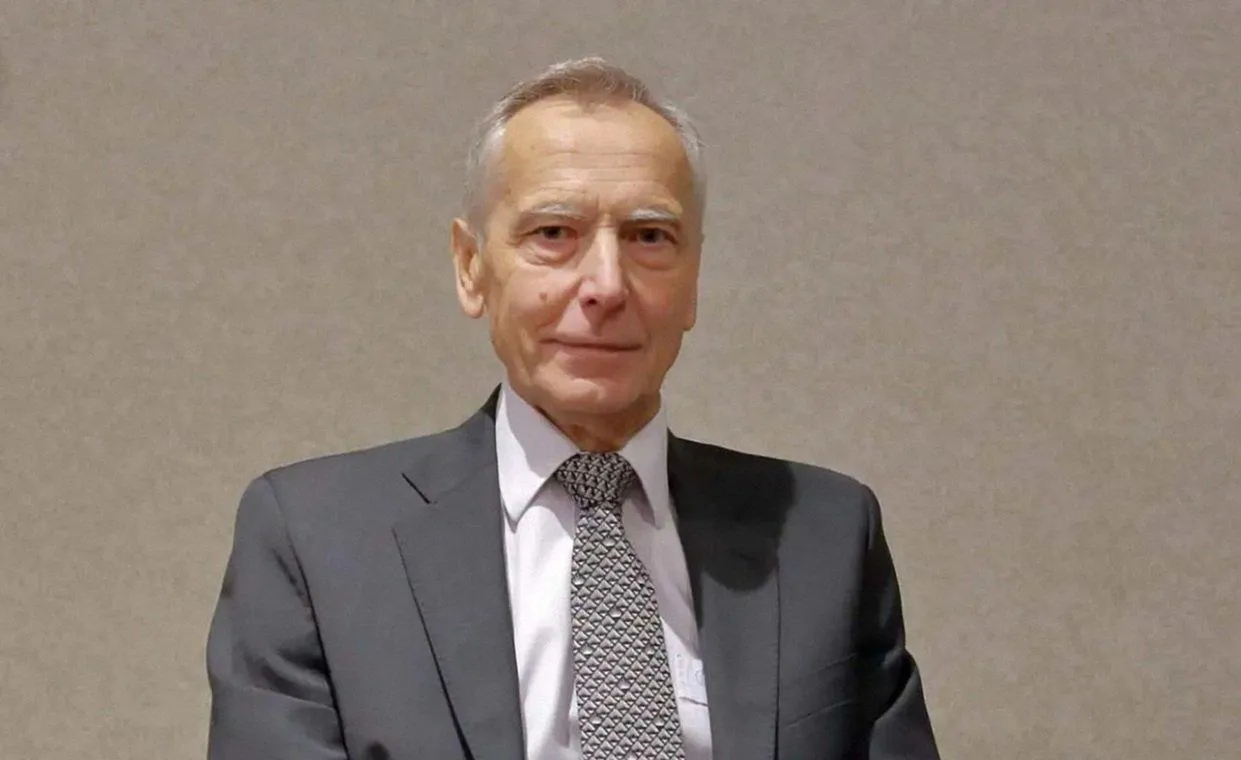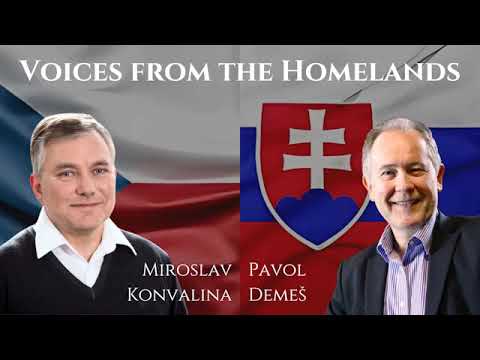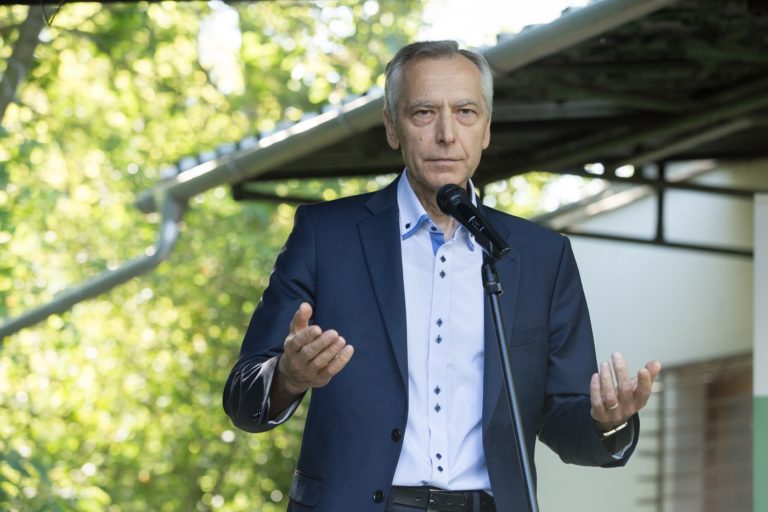Category: English
-
Attack on FoRB in Japan
Speech at the UN HRC Side Event, Geneva, September 26, 2025
-
A Missed Chance To Defend Core Freedoms: ECHR Rejects Worship Ban Case
Last week’s decision from the European Court of Human Rights marks a sobering moment in the struggle to defend fundamental freedoms across Europe. The Court declined to rule on the substance of my challenge to Slovakia’s blanket COVID-19 era worship bans, declaring the case inadmissible on the grounds that I could not be considered a
-
Figeľ: “The Unification Church Case Highlights the Threat to Religious Freedom in Japan”
By Bitter Winter Jan Figeľ was born in 1960 in the former Czechoslovakia. He served as European Commissioner from 2004 to 2009, Deputy Prime Minister of Slovakia from 2010 to 2012, and later as Chairman of the Christian Democratic Movement (2009–2016). In 2016 he became the first EU Special Envoy for Freedom of Religion or
-
European Court rejects religious freedom case over Covid worship bans
The European Court of Human Rights has dismissed a complaint brought by former EU special envoy Jan Figel challenging Slovakia’s bans on communal worship during the pandemic. The Strasbourg-based court ruled the case inadmissible, saying it was not clear how Figel was personally affected by the restrictions and that he could not therefore be regarded
-
How to Build a Sustainable Peace in Europe?
Dialogue between two former European commissionners: Ján Figel’ and Mariya Gabriel. On 8 September 2025, The Jean Monnet Foundation for Europe, in collaboration with the Jean Monnet Association, welcomed Ján Figel’ (Chairman of the Scientific Committee of the Clementy Schuman Legacy Foundation, former Member of the European Commission, former Deputy Prime Minister of Slovakia) and
-
European Court Dismisses Challenge to Slovakia’s COVID Worship Bans
Strasbourg (4 September 2025) – In a disappointing decision for religious freedom, the European Court of Human Rights (ECtHR) has ruled Dr. Ján Figeľ’s challenge to Slovakia’s sweeping bans on communal worship during the COVID-19 pandemic inadmissible. The Court concluded that it would not rule on the merits of Figeľs challenge because it was not sufficiently clear how Figeľ himself was negatively impacted by the measures taken
-
JAPAN – Religious Freedom at Risk, Warns Former EU Envoy
The Dissolution of the Family Federation is “Arbitrary” Jan Figeľ, Former EU Special Envoy for Freedom of Religion or Belief, Warns Japan Against Ignoring UN Recommendations Sekai NippoSeptember 2–3, 2025By Yosuke Yamazaki – US Correspondent of Sekai Nippo (World Times) Jan Figeľ was born in 1960 in the former Czechoslovakia. He served as European Commissioner
-
Former EU Envoy: Arbitrary Dissolution Order
Tokyo District Court’s Ruling on Family Federation is arbitrary, unconstitutional, and politically driven, says former EU Religious Freedom Envoy Jan Figel Tokyo, 2nd September 2025 – Published as an article in the Japanese newspaper Sekai Nippo. Republished with permission. Translated from Japanese. Original article. [Part 1 of interview with Jan Figel, Former EU Special Envoy for Freedom
-
Exploring Religion’s Place in Today’s Turbulent World (ft. Ján Figel’) | Voices from the Homelands
Pavol Demeš speaks with Ján Figel’ — Slovakia’s former Chief Negotiator for EU accession, the country’s first European Commissioner, and recognized expert in the interfaith dialogue. Their conversation touches on Figel’’s personal and family ties to the United States, reflections on shifts in transatlantic relations, perspectives on the war in Ukraine, and the role of
-
Figeľ: Samit na Aljaške by mal presiahnuť mier na Ukrajine a viesť k novej európskej jednote
Podľa Jána Figeľa je potrebné prekonať súčasné výzvy prostredníctvom spravodlivých rokovaní, ktoré zahŕňajú postupné kroky. 17. 08. 2025 12:12 Samit medzi prezidentmi USA a Ruska na Aljaške predstavuje jedinečnú príležitosť na obnovenie dialógu medzi hlavnými mocnosťami euroatlantickej oblasti, tiež ukončenie dlhodobého konfliktu na Ukrajine a studenej vojny, ktorá trvá od roku 2014. Na webe diplomatmagazine.eu to uviedol bývalý eurokomisár

